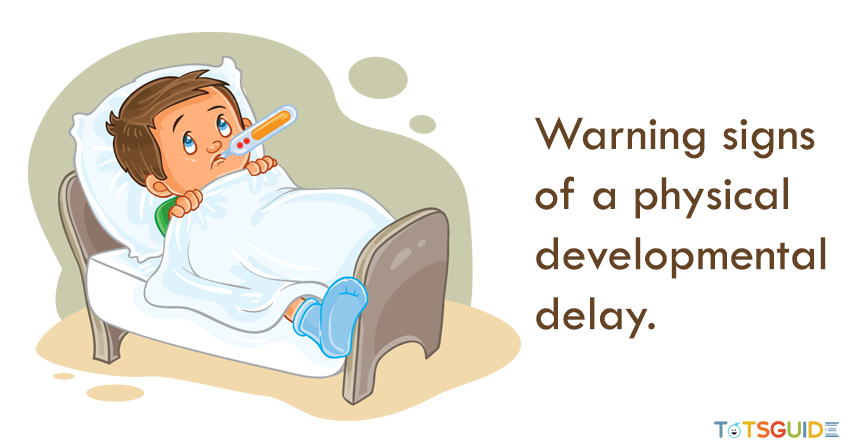
As mothers, we prepare for the rigorous process childbirth, follow all types do’s and don’ts and then it hits you that your journey has only just begun with the birth of your little bundle of joy! As you admire your creation in your arms, a lot of questions pop in your mind. You say to yourself that you will guard your baby, watch and help her grow! In order to do that you must be well aware of the milestones that come in the path of her development!
Although there are lot of variations as to what development milestone a child has to achieve at what age, a rough idea can be attained. It also varies from child to child. Like for example a child may totally skip crawling and start walking after the sitting stage. However all children are not able to attain these milestones. For example, children are unable to walk as late as their 2nd Birthday! This is a Developmental Delay. It is not the same as developmental disability in the sense that it is short term and can be treated with adequate intervention at the right time. If ignored there is a high likelihood, a developmental delay can advance into being a disability.
Causes of Developmental Delay
Complications during pregnancy and/or birth
Prematurity
Genetic Factors
Types of Developmental Delays
Speech Delays: If there is a delay in speech then the child will not be able to effectively communicate. Some examples of Speech delays are
Inability to wave a goodbye at 12 months of age
Inability to vocalize sounds and communicate age 12
Not using various consonant sounds by age 12
Not using words like mama and daddy at age 15-18 months
Does not have 1-3 word vocabulary till age 18 months
Prefers gestures over speech
Inability to spontaneously use words or phrases by age 2-4
Inability to follow simple directions but age 3
Inability to use 2-3 word sentences
Motor Delays: Motor delays can be broadly classified into Gross motor delay which is delay in using larger muscle groups like those used for jumping, running etc. and Fine Motor delay which is delay in using smaller muscle group like those of hands, wrists, feet, toes etc. Examples of these are as follows
Delayed playing skills till age 18months
Inability to stand on own by 12 months of age
Inability to sit / walk till 18 months of age
Inability to run till 2 year of age
Inability or grasp objects till 8 months of age
Inability to grasp with pincer grip will 18 months
Inability to but four rings on a stick by 2 year
Inability to bring spoon to the mouth by 2 year
Inability to hold the cup and drink on their own
Inability to hold a pencil at 2 years
Social Emotional Delays: Due to these delays the child is not able to make and maintain meaningful relationships socially. Also the child cannot regulate or control their emotions. For example your child is unable to accept any guest into your house other than regular members of the family. At times they throw a nasty fit in public for no apparent reason and you are unable to control the same. Such child can also get upset easily.
Cognitive Delays: These delays pertain to learning delays, lack of problem solving skills, memory and understanding. Such children are unable to understand information acquired to their senses thoughts and experiences. An ideal example would be the child not responding to its name even at 8-10 months of age. Also inability of the child to solve a simple 2-3 piece puzzle at age 2.
A delay in more than 2 of the above mentioned aspects of development I called a global development delay.
What to Do If You Notice a Delay In Your Child’s Development.
Be on the lookout for signs always. The earlier you detect these delays the easier it will be for you to correct them and help your child catch up.
Immediately visit your pediatrician. They will show you pointers and tell you what is lacking and if necessary recommend screening.
Take notes. Include dates. Refer to a development chart and help your child reach her milestone
Also consider underlying factor like prematurity. For example if your child is born 8 weeks early you can expect a delay of 8 weeks for her to achieve her milestone.
You can enrol her at intervention centres that have certified care givers that specialize in correcting delays
For children of the school going age, it is recommended that you stay in constant touch with the teachers to track the child's behaviour and development in a foreign environment.
It is never too late to seek intervention. Follow the above steps and track your child’s progress on a regular basis. With time and support they will eventually catch up!
